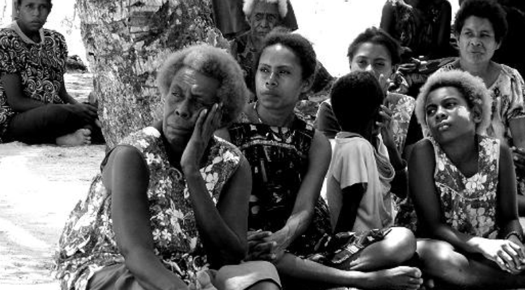
The belief in sorcery and witchcraft in Papua New Guinea (PNG) is widespread and has an important weight in most of the spheres of public and private life. According to the website “Stop Sorcery Violence”, most of the population of PNG do not accept natural causes in case of illness or death of relatives and friends. The belief that sorcerers and witches have deliberately used their supernatural powers in order to harm other people is a common conviction and the relatives of the victims adopt retaliation measures against the supposed witches, such as murder, torture, destruction of their property or exile.
Deaths involving sorcery are increasing in Papua New Guinea and they’re spreading to different parts of the country, according to ABC.
“Attacks and murders of people accused of practising witchcraft have spread from remote areas in the country’s highlands to large towns and cities, alarming policy makers trying to address the problem.
“Anton Lutz, a Lutheran missionary in PNG’s Enga province, said there had been seven attacks on women accused of witchcraft — known locally as sanguma — in the province since late September.
“Six of those were fatal.”
Lutz says each of these seven attacks against women followed “an unexplained death or illness in the community,” which was blamed on the “witches.” In Papua New Guinea, Lutz says the women are being tortured, which makes them admit to pretty much anything:
“And under torture, the women are saying things that incriminate themselves and reinforce these beliefs …
“One of the things that people believe about these so-called witches or sanguma is when they’re not being tortured they’ll lie, and if they are being tortured, they’ll tell the truth.”
The PNG government is planning to address the issue through education efforts, which are important because the issue is thought to be caused by a failing education system. The health care is also crucial because the witch hunts are typically brought on by mysterious deaths and illnesses.
Accusations of witchcraft were usually leveled at those on the bottom of the social hierarchy, most often women who lived on the margins of society — the elderly, disabled, or those who had married into the village. In a 2015 report into gender-based violence in Papua New Guinea, Human Rights Watch said "sorcery accusations all too often become a form of family violence, with abusive husbands … using sorcery accusations to silence and control women."
The government said spreading informative information and educating the public through social media can also help the problem. Scott Waide, a senior journalist at PNG television station EMTV, said there was some hope in the power of social media to get help to victims of sorcery-related violence, or at least improve the reporting of such incidents.
Photo Credits: Wikimedia
